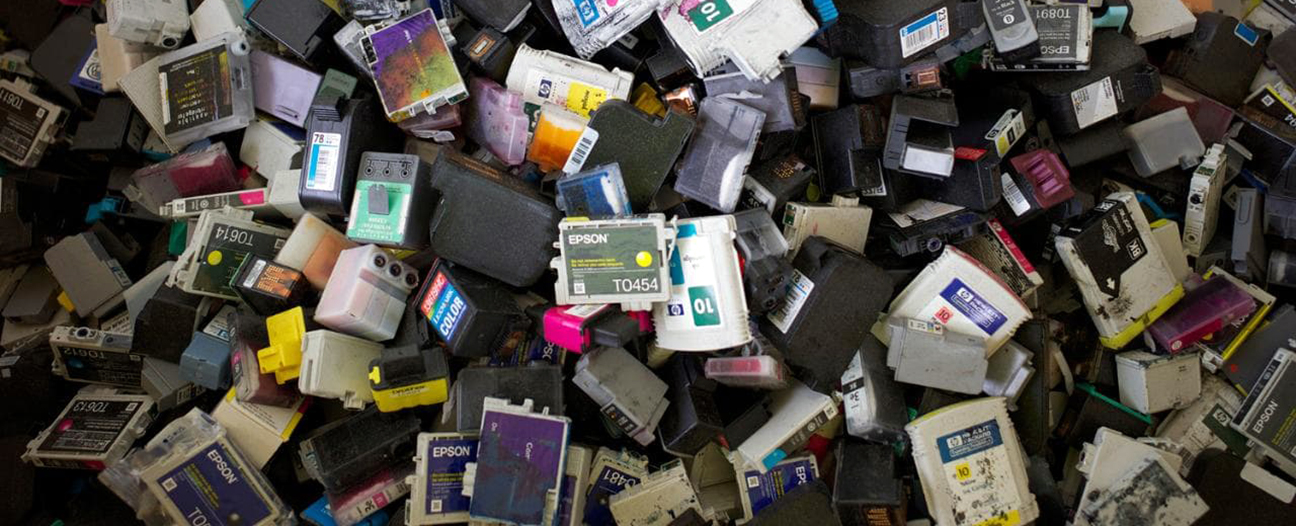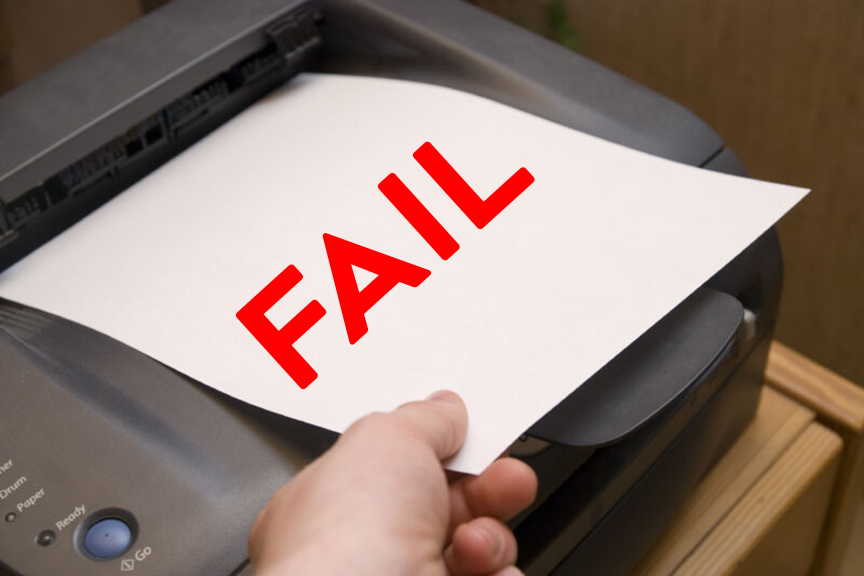In a recent development that has stirred debate about environmental responsibility versus corporate interests, printer and electronics manufacturer Epson has filed and settled a lawsuit against five remanufacturing companies, barring the sale of remanufactured Epson cartridges through sites like Amazon and on company personal websites. The lawsuit targets the remanufacturing of Epson’s ink cartridge cores, raising concerns about the potentially detrimental impact on plastic waste in US landfills. This move by Epson, seen as a victory in their eyes, has ignited a broader conversation about the importance of supporting a circular economy and reducing plastic waste in the pursuit of profit.
Epson’s lawsuit, while undoubtedly protecting its market and revenue interests, has sparked criticism for its potential environmental consequences. By halting the remanufacturing of their ink cartridge cores, which involves recycling and reusing certain components, the company has effectively chosen a path that perpetuates the flow of plastic waste into US landfills. This decision stands in stark contrast to the principles of sustainability and responsible resource management that are becoming increasingly vital in today’s world.
Epson makes a statement about their Environmental Mission on their website, including the text, “In March 2021, Epson further revised the vision, setting specific goals that reflect Epson’s strong commitment to addressing major societal issues such as decarbonization and resource recycling.” In a bold move just two short years later, they have established a means to do just the opposite by barring the potential for their product to become part of a circular economy.

The notion of a circular economy, which promotes the continual use and recycling of resources to minimize waste and environmental impact, has gained significant traction globally. Companies across various industries are recognizing the importance of transitioning from a linear, take-make-dispose model to one that prioritizes recycling, reusing, and reducing waste. Epson’s legal action appears to fly in the face of this growing trend, suggesting that short-term profit may be prioritized over long-term environmental responsibility.
While the legality of Epson’s actions cannot be denied, the ethical implications are clear. The company’s choice to stifle the remanufacturing of their ink cartridge cores raises questions about corporate social responsibility and the role of businesses in addressing the global plastic waste crisis. As the world grapples with mounting environmental challenges, the actions of corporations like Epson have a far-reaching impact, influencing not only the waste stream but also public perception and consumer choices.
In an era where consumers increasingly favor environmentally conscious brands and governments enact stricter regulations to combat pollution and waste, Epson’s lawsuit serves as a reminder of the need for businesses to align their practices with sustainable goals. The true test of corporate responsibility lies not only in protecting profits but also in actively contributing to a greener, more sustainable future. As stakeholders continue to demand accountability, Epson’s decision may spark a broader conversation about the balance between profit and planet, highlighting the urgency of creating a circular economy that prioritizes environmental well-being over short-term gains.






